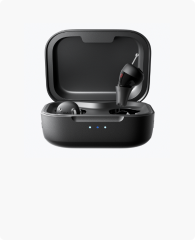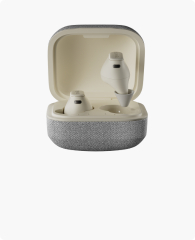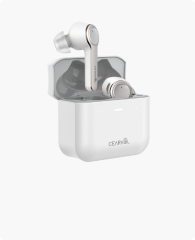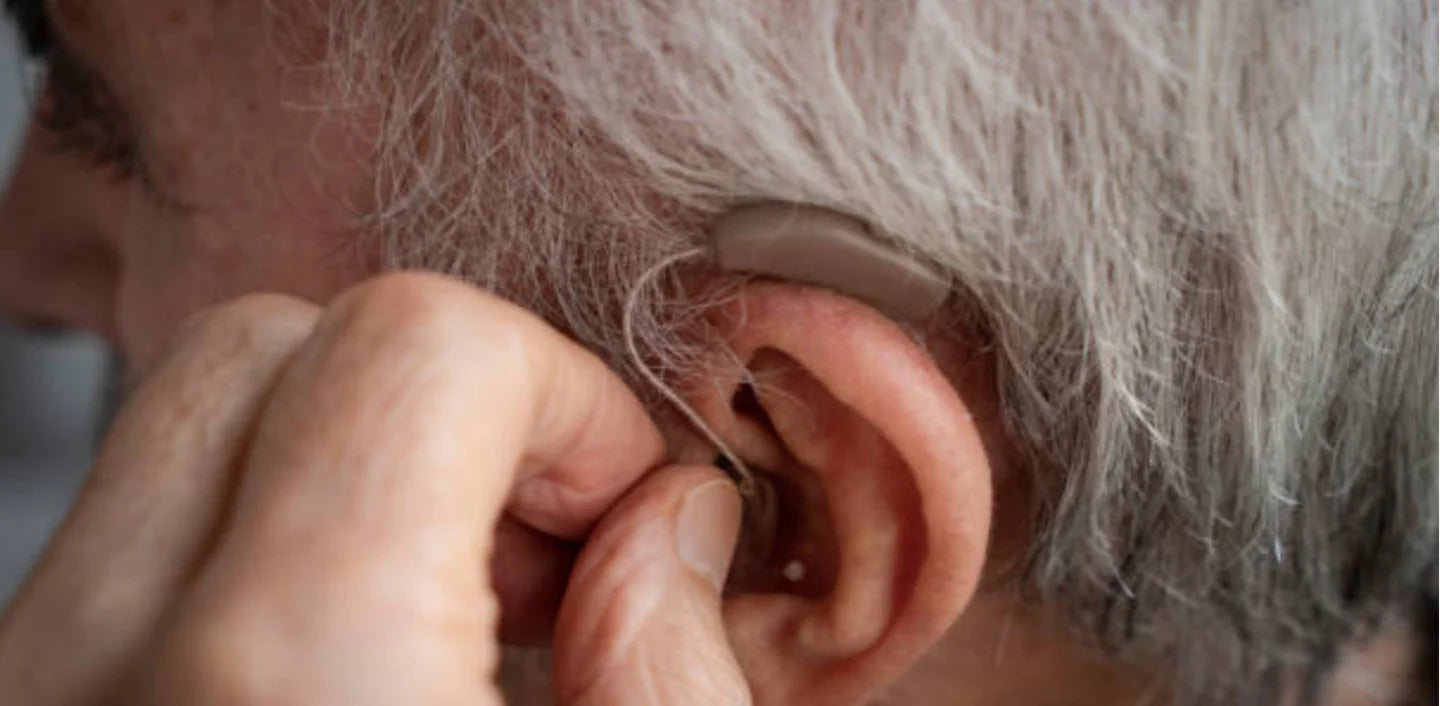Have you ever been in the middle of a quiet moment—reading, watching TV, or having a conversation—when suddenly you hear a high-pitched squeal from your hearing aid? You're not alone. I've had many patients ask me, "Why do hearing aids whistle?" It's not just annoying—it can be embarrassing and confusing too.
Let's have a friendly, honest conversation about this. We'll explore the reasons behind hearing aids whistling, when it might be a problem, and what you can do to fix it. Whether your hearing aid whistles occasionally or keeps doing it even when you're not using it, I'm here to break it down clearly and simply.
🚀 Navigate This Post
You may also be interested in:
- Why Do I Hear Crackling in My Ear? The Answer Might Surprise You!
- Doctors Warn: Stop Using Cotton Swabs! Here’s How to Remove Earwax Safely
- [Proved] Tips to Keep Hearing Aid Domes in Ear in 2025
Part 1: Why Do Hearing Aids Whistle?
Let's get this straight: that whistling sound you're hearing is technically called "feedback."
Think of it this way—sound that's already been amplified by your hearing aid escapes from your ear and gets picked up by the microphone again. The aid amplifies it again, and the cycle repeats, creating a loop. That's what causes the classic whistling sound.
1. Poor Fit or Loose Hearing Aid
A hearing aid that doesn't fit snugly lets sound leak out, which is especially common if you've recently lost weight or if your ear shape has changed over time. This gap allows amplified sound to bounce back into the microphone. Additionally, movements of the jaw, such as chewing or smiling, can cause similar issues, as these actions may shift the hearing aid slightly, creating a temporary seal break and leading to feedback or whistling sounds.
2. Blocked Ear Canal
One word: earwax. A buildup in your ear can reflect sound back, which leads to feedback. Regular checkups and learning to remove earwax safely can help prevent this.

3. Volume Too High
It's tempting to crank the volume, but louder isn't always better. If your hearing aid is too loud, it increases the chances of sound escaping and causing a whistle.
4. Mechanical Issues or Damage
Sometimes, internal components malfunction or the tubing has cracks, leading to unexpected whistling. If you suspect this, a professional checkup is a good idea.
5. Blocked Hearing Aids Receiver
A blocked microphone or receiver can cause whistling or feedback. When you wear accessories like hats or headbands, or when you hug someone on the side where you're wearing your hearing aid, you may unintentionally block the microphone or receiver. This prevents the audio signal from transmitting properly, causing it to bounce back into the microphone and creating feedback.
Part 2: Is Hearing Aids Whistling a Common Issue?
Absolutely. You'd be surprised how many people ask me, "Why is my hearing aid whistling?"—and even, "Why do hearing aids whistle when not in use?"
Yes, hearing aids can sometimes whistle even when you're not actively using them. This usually happens if the device is left on while sitting on a surface or near a hard object that reflects sound.
Real-Life Example: Margaret's Case
Margaret, a 72-year-old retired teacher, noticed her hearing aids whistling constantly during phone calls. After a quick session, we found out that her devices weren't seated properly in her ear canal and she was unknowingly blocking the mic with her hand. Adjusting the fit and retraining her phone habits stopped the noise completely.
If this sounds familiar, you're not alone. According to the Hearing Loss Association of America, managing expectations and proper usage techniques make all the difference.
Part 3: How to Prevent Hearing Aids from Whistling?
Let's get proactive. You don't have to live with the squeal!
1. Ensure Proper Fit
Whether it's a behind-the-ear or in-the-ear model, make sure your device fits well. If it feels loose, consult your provider or consider an adjustment.
2. Control the Volume
Avoid maxing out the volume. If you find yourself constantly increasing it, your hearing aid settings may need tweaking by a specialist.
3. Regular Cleaning & Checkups
Don't underestimate basic maintenance. Dust, moisture, or clogged microphones can cause your device to behave oddly. Regular cleaning and keeping your hearing aids dry can reduce unexpected whistling episodes. Brush off debris daily, store your device in a dry place, and consider monthly professional cleanings.

4. Handle with Care
Avoid blocking the microphone with scarves, hats, or your hand while adjusting the device. These actions can trap and reflect sound.
Final Thoughts
Whistling hearing aids can be annoying, but they're also a sign your device might need a quick adjustment—or that it's time to upgrade. Either way, knowing why do hearing aids whistle is the first step toward a better, clearer experience.
If this article helped you understand why hearing aids whistle when not in use, or gave you practical steps for how to stop your hearing aid from whistling, you're already ahead of the curve.

Diamond X1 - Best Hearing Aids with Bluetooth
Newcomer Price
$249.99 $309.99
- ✔ Adaptive sound modes for clear hearing.
- ✔ Bluetooth for calls & streaming.
- ✔ App-controlled, customizable adjustments.
- ✔ Rechargeable & fast charging.
- ✔ Ideal for mild to moderate hearing loss.
If you're currently using hearing aids and are looking for a reliable solution that minimizes feedback and ensures a comfortable fit, I highly recommend checking out the Cearvol hearing aids. These devices are designed with modern users in mind and offer excellent feedback management for a quieter, smoother hearing experience.








Leave a comment
All comments are moderated before being published.
This site is protected by hCaptcha and the hCaptcha Privacy Policy and Terms of Service apply.